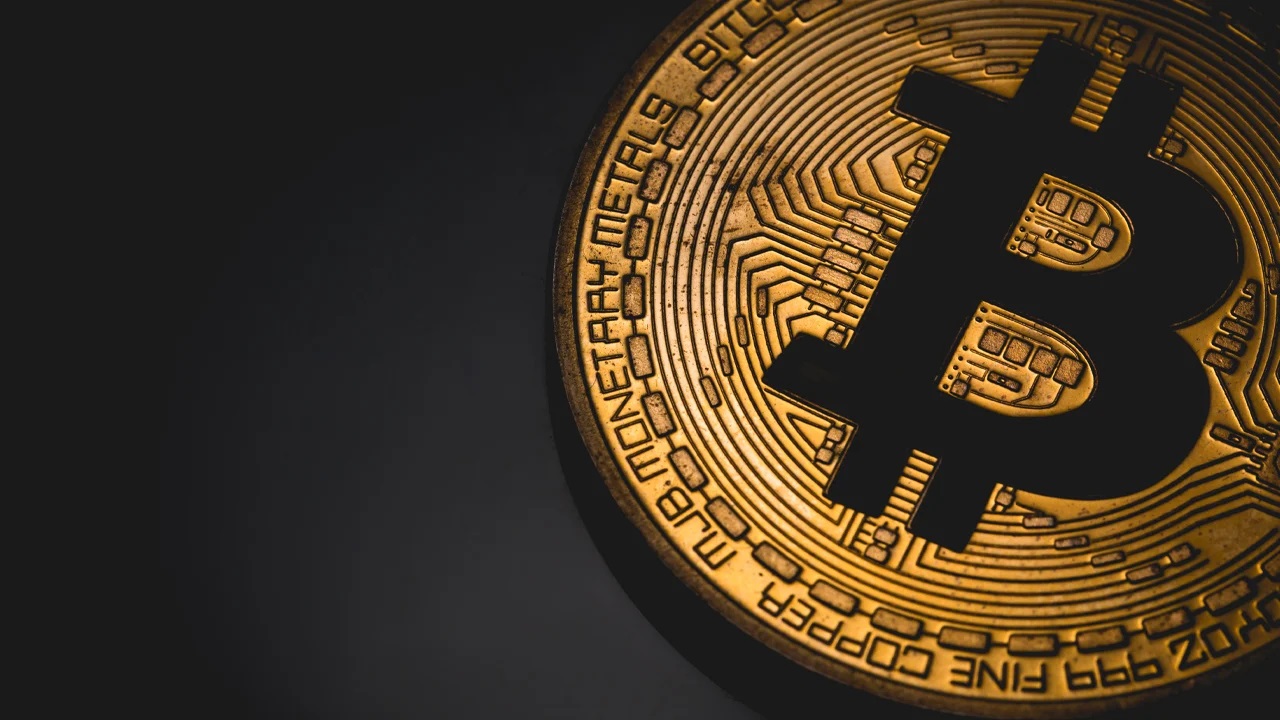Cryptocurrency analytics firm Alphractal reported a significant shift in the Bitcoin market due to large withdrawals from exchanges.
The company described the trend as “extraordinary,” noting that more than 4.33 million Bitcoins (BTC) have been withdrawn from exchanges since 2020, equivalent to more than $129 billion at the time. Today, those same BTCs are worth around $260 billion.
The report highlights the scale of these outflows by noting that Bitcoin reserves on exchanges are rapidly depleting. In February 2020, exchanges held around 1.66 million BTC, but steady outflows have since brought that figure down, with withdrawals far exceeding the rate of accumulation on exchanges.
Alphractal interprets this trend as a sign of increasing decentralization in Bitcoin supply due to widespread adoption. Companies, institutions, and individual investors are including Bitcoin in their portfolios, signaling increasing confidence in cryptocurrencies as a long-term store of value.
Alphractal warns that if this trend continues, the market could face a severe supply shock by 2028. With less Bitcoin available on exchanges, this scarcity could encourage more peer-to-peer (P2P) trading and lead to significant price increases.
The firm noted several positive outcomes of continued decentralization:
- Decentralization of Supply: With less BTC held on exchanges, more investors retain control, promoting greater security and reducing the risk of market manipulation.
- Long-Term Confidence: Significant withdrawals suggest that investors are increasingly confident in Bitcoin’s long-term earning potential.
- Reduced Exchange Manipulation: Less BTC on exchanges reduces the likelihood of large volumes of transactions affecting prices, creating a more stable market.
- Potential for Price Rise: The decreasing supply of Bitcoin on exchanges could cause a supply shock, potentially pushing prices to all-time highs.
- Growth in P2P Transactions: With less Bitcoin available on exchanges, more direct transactions can occur between users, strengthening Bitcoin’s P2P ecosystem.
However, Alphractal also highlighted several risks:
- Reduced Liquidity: Large-scale withdrawals can reduce liquidity on exchanges, increasing the potential for price fluctuations and market volatility.
- Higher Volatility: With less Bitcoin available, the market may become more sensitive to large buy or sell orders, increasing price movements.
- Whale Manipulation Risk: Low liquidity can allow large investors to manipulate prices by making significant trades.
- Institutional Difficulties: Large institutions and investors may have difficulty acquiring significant amounts of Bitcoin without causing sharp price increases.
- Dependency on Futures Markets: With less BTC available on spot exchanges, dependency on futures markets may increase and derivatives may distort spot prices.
*This is not investment advice.











Moreover, investors should never share sensitive information, such as passwords or private keys, as legitimate projects will never request such details. Phishing scams, often disguised as legitimate communications, pose another significant threat. Investors must remain vigilant, avoiding suspicious links or attachments. Send a message for assistance with your trading. Wsap +14452931634